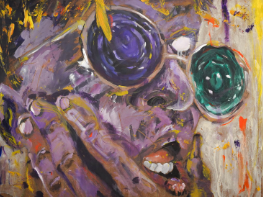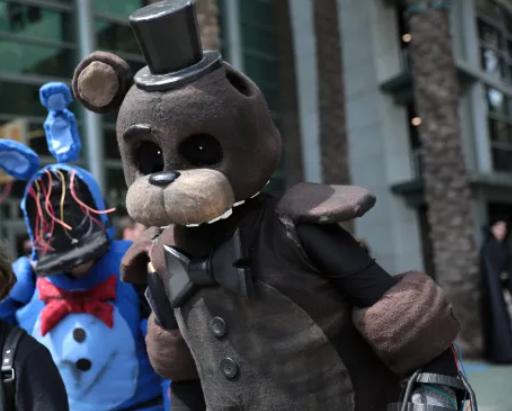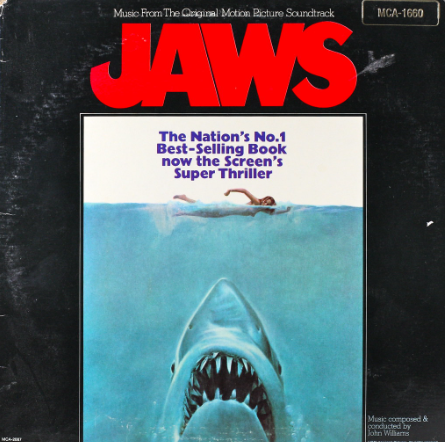HBO Max casts a shadow on television’s future in new merger

PHOTO OBTAINED FROM CCNULL THROUGH CREATIVE COMMONS
HBO Max purged almost 40 titles from its platform in a controversial business decision. https://creativecommons.org/licenses/by/2.0/
September 15, 2022
Television shows are almost destined to fade out of popularity with the general public, especially as they grow older and there are fewer ways to watch them. This might be a reality for almost 40 titles on HBO Max, as the platform ripped dozens of series from their catalog in August.
On Thursday, Aug. 4, Warner Bros. Discovery announced that it would merge HBO Max with Discovery+. To prepare for this business decision, both platforms removed a combined 55 titles from their media libraries, including 36 from HBO Max.
This isn’t completely out of the ordinary, since most streaming services can’t keep all of their media forever. If a platform didn’t produce a series or movie by itself, it usually forms a licensing agreement with the owner of the title to offer it to customers for a few months or years. For example, NBC did so with The Office in 2020, ending its licensing agreement with Netflix and giving rights exclusively to its streaming service Peacock, as reported by the Cosmopolitan.
HBO Max’s situation is more unique, as the platform is pulling titles by the dozens despite owning the rights to them. Over 20 removed shows are considered “HBO originals,” and other titles can only be streamed on the platform.
Purging content in mass quantities like this prevents the company from paying residuals to any actors, crew members and others who worked on the show. A CNN Business report found this strategy would save over $100 million.
Since many of the removed titles could only be streamed on HBO Max, these series are in a tough spot. Shows such as Close Enough, Infinity Train and Mao Mao: Heroes of Pure Heart have had their availability reduced to platforms such as Amazon Prime and Google Play that require audiences to buy each individual season. While these shows haven’t been completely erased, their watching experience has become more expensive.
Many in the animation community are especially dismayed by this news, as cartoons make up a large portion of the removed content. Ian Jones-Quartney, creator of OK K.O.—Let’s Be Heroes! stated that he wasn’t notified of his show’s removal.
“It was a real shock for me, but I think even more for the fans,” Jones-Quartey stated in an interview with The Wrap. “The show finished on television three years ago, but more people were slowly finding it through HBO Max since then. It was becoming a cult show.”
Some believe that these cartoons mostly cater to younger audiences, as many were from children’s programming on Cartoon Network. Junior August Sullivan of Hazlet believes the service is targeting animated content for its childish reputation.
“Animation is often viewed as a lesser media, commonly because animated media is usually targeted towards children,” Sullivan said. “It’s an unfair view of a medium and a slap to the face to the hard workers who create animated content.”
Official online clips of shows slated for removal were deleted from the internet, almost enforcing the fact that these titles won’t be accessible almost anywhere. Senior Naomi Gelfond of Marlboro is sad to see so many series disappear.
“It’s awful…they made Cartoon Network literally take the Infinity Train pilot off of YouTube,” Gelfond stated. “There’s almost no legal way to watch these shows to give back to the original creators.”
It’s clear that Warner Bros. Discovery is paying the price for this drastic change, as the company lost over $3 billion since its merger announcement according to a Yahoo Finance report. This source also finds this loss is in part because upcoming films such as Batgirl have been pulled before release, and HBO Max has lost over 300,000 American subscribers in the last month.
“I think that this merger shows a dark future for TV and film,” Sullivan said. “There’s a conversation to be had about a company having such high control over what we’re able to consume.”














